All Stories
-
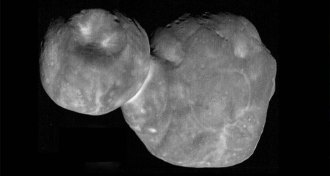 Planetary Science
Planetary ScienceUltima Thule may be a frankenworld
The first geologic map of Ultima Thule shows it might be made of many smaller rocks that clumped together under the force of their own gravity.
-
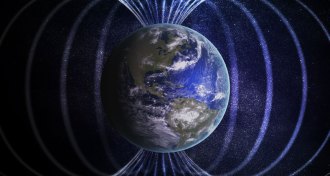 Neuroscience
NeurosciencePeople can sense Earth’s magnetic field, brain waves suggest
An analysis of brain waves offers new evidence that people subconsciously process information about the planet’s magnetism.
-
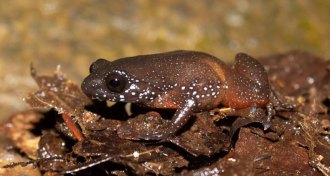 Animals
AnimalsMeet India’s starry dwarf frog — a species with no close relatives
The newly identified starry dwarf frog represents a new species, genus and potentially even a new family.
By Jeremy Rehm -
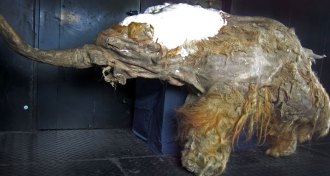 Genetics
GeneticsResurrecting woolly mammoth cells is hard to do
Japanese scientists say some proteins in frozen mammoth cells may still work after 28,000 years. But that activity may be more mouse than mammoth.
-
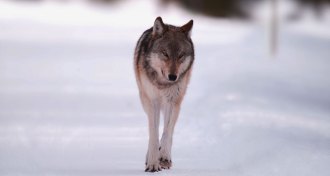 Animals
Animals‘Epic Yellowstone’ captures the thriving ecosystem of the world-famous park
A new documentary series about Yellowstone displays the dynamic, dramatic and exciting ecosystem that thrives within the park’s gates.
By Jeremy Rehm -
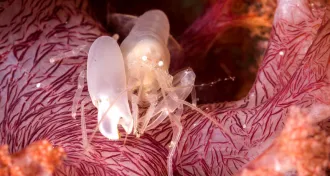 Life
LifeSome shrimp make plasma with their claws. Now a 3-D printed claw can too
Scientists used a replica of a shrimp claw to re-create the extreme pressures and temperatures that the animals produce underwater.
-
 Health & Medicine
Health & MedicineU.S. heart attack mortality reached a two-decade low in 2014
Deaths within 30 days of a heart attack have declined from 20 percent in 1995 to 12.4 percent in 2014, according to an analysis of Medicare patient data.
-
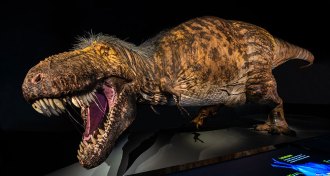 Paleontology
PaleontologyA new T. rex exhibit takes a deep dive into the iconic dinosaur
“T. rex: The Ultimate Predator,” a new exhibit in New York City, draws on the latest science to provide a fresh look at Tyrannosaurus rex and its relatives.
-
 Humans
HumansThe rise of farming altered our bite and changed how people talk
Eating soft, processed foods refashioned adults' jaws, which added “f” and “v” sounds to speech and changed languages worldwide, a study finds.
By Bruce Bower -
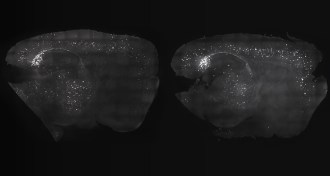 Health & Medicine
Health & MedicineFlickers and buzzes sweep mouse brains of Alzheimer’s plaques
Precisely timed clicking noises can counter signs of Alzheimer’s in the brains of mice and improve memory.
-
 Climate
ClimateStudents worldwide are striking to demand action on climate change
On March 15, students are set to attend more than 1,000 events to demand that governments do more to rein in greenhouse gas emissions.
-
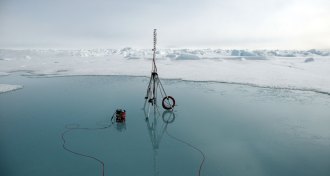 Climate
ClimateWhat happens when the Bering Sea’s ice disappears?
Record-low sea ice in 2018 sent ripples through the Bering Sea’s entire ecosystem. Will this be the region’s new normal?